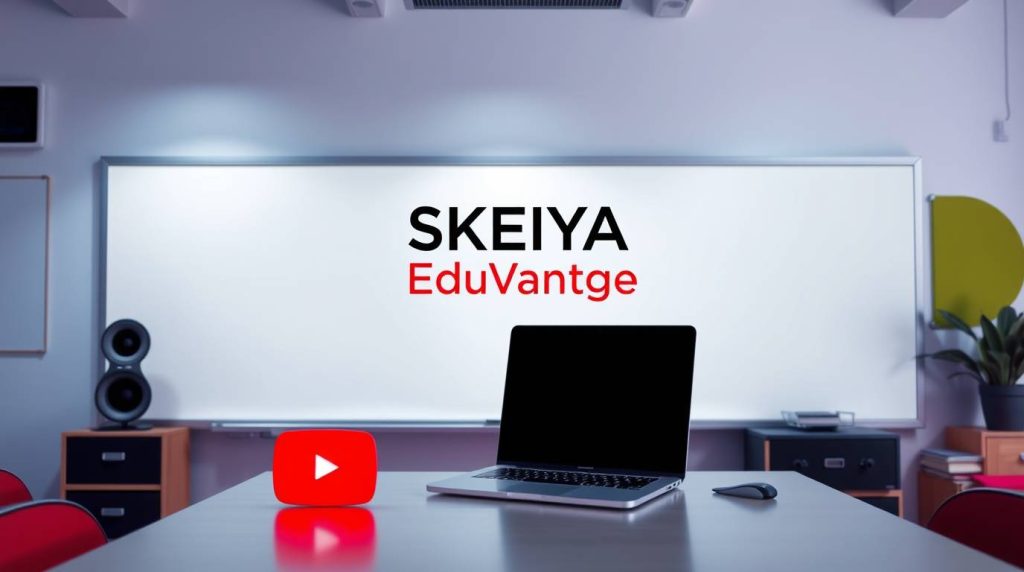- Written by: SKEIYA
- October 15, 2025
- Comments: (0)
Imagine finishing high school not just with a diploma, but with a skill, a paying job, and a clear path to your future. This isn’t a dream for many students in Europe; it’s their reality. While they are learning, they are also earning and building their careers.
But for most young Kenyans, and Africans broadly, the age of 18 marks a cliff edge.
You finish school, often with good grades, but with no practical skill to sell. You face a tough choice: enter a job market that asks for “experience” you don’t have, or invest years and money in a university degree that might still leave you without hands-on abilities. This gap between the classroom and the workplace is where dreams get stuck and potential is wasted.
We need to change this. We must build a bridge for our youth so that at 18, they are equipped not just with knowledge, but with capability.
Learning from a Model That Works
In countries like Germany, Austria, and the Netherlands, the education system is designed to prevent this very cliff edge. Their secret? They blend learning with doing.
From a young age, students take mandatory classes in trades, technology, and entrepreneurship. They spend part of their week in apprenticeships, working in real companies, gaining real experience, and often earning around £1,000 a month. This isn’t just pocket money; it’s a lesson in financial independence and responsibility.
By the time they graduate, they are not just students—they are young professionals. They are ready to contribute, innovate, and add value to the economy from day one.
The Kenyan Crossroads: Degree vs. Survival
In Kenya, our system is different. We have trained our young people to chase academic certificates above all else. The result? A generation of brilliant minds who can pass exams but often cannot fix a leaking irrigation system on a sports field, analyze player performance data, or manage a sports event.
We have a massive shortage of skilled professionals in growing fields like sports technology, turf management, and media production. We are trying to build a modern sports industry, but we are not training the people who will run it. We are forcing our youth to choose between a degree that may not lead to a job, or a low-skilled job that does not tap into their potential
.
The Solution: Skills in the School Timetable
The answer is to reimagine the school day. Alongside mathematics and history, let’s make room for practical, high-value skills.
Imagine if, before they turn 18, students could have hands-on experience in:
Grass and Turf Management: Learning the science behind maintaining a world-class football pitch.
Sports Technology & Data Analytics: Using software and sensors to improve team strategy and player health.
Media & Content Creation: Producing live streams, editing videos, and building brands on social media.
Event Management & Marketing: Learning how to plan, fund, and pack a stadium for a major tournament.
This is not about replacing academic learning. It is about empowering it with practical purpose.
SKEIYA Eduvantage: Your Skills Bridge
This is why we are building the SKEIYA Eduvantage Youtube platform. It is a bridge over that cliff edge. This online portal will offer over 100 courses in Swahili and English, accessible on any phone, designed to give you a real-world skill.
Whether you are 16 in school, 18 and looking for a direction, or a young professional wanting to upskill, Eduvantage is for you.
And we are starting early. Our SKEIYA EduVantage YouTube channel will use fun animations to teach young children about teamwork, health, and perseverance—laying the foundation for a lifetime of learning.
Building a Future We Can See
This is a call to action. It’s a vision for an Africa where an 18-year-old is a sought-after talent, not a struggling applicant. Where they can step into the workforce with confidence or even start their own business.
By embracing this model, we will:
Create Jobs: Skilled youth become employers, not just job seekers.
Grow Our Economy: A skilled sports industry attracts investment and tourism.
Keep Talent at Home: When young people have opportunities here, they build their futures here.
The lesson is clear. Let’s stop educating for yesterday and start skilling for tomorrow. Let’s ensure that when a Kenyan student turns 18, they don’t face a cliff, but a launching pad.


